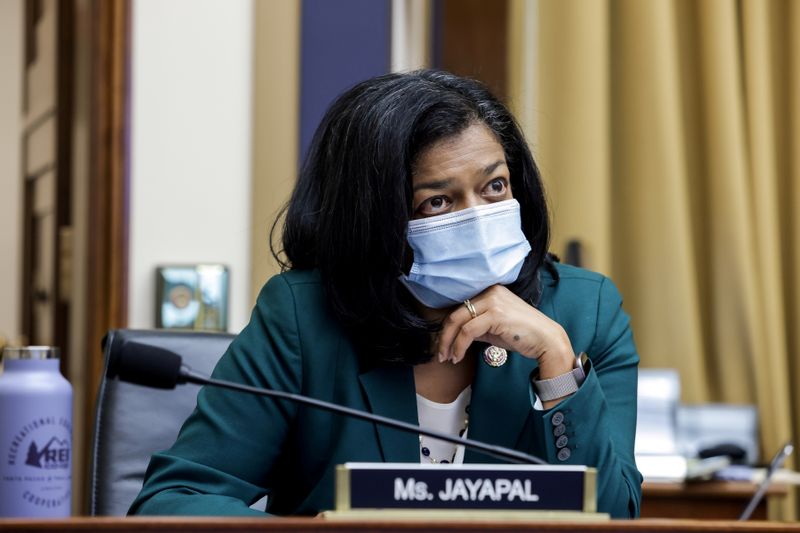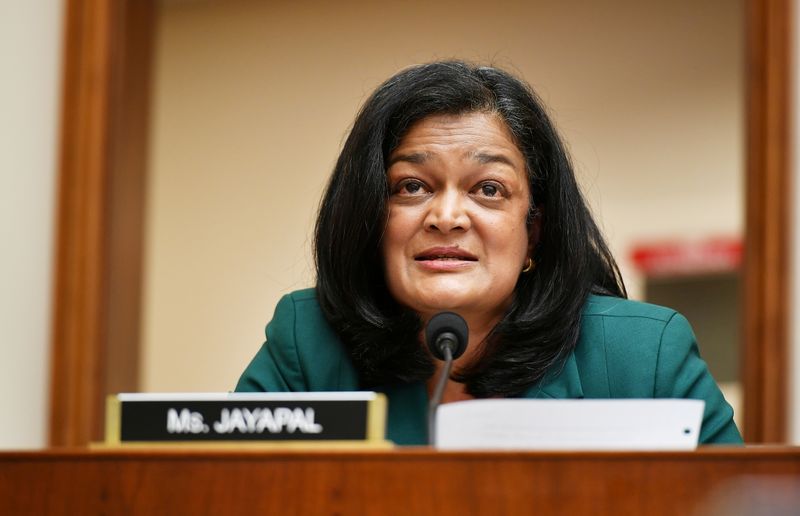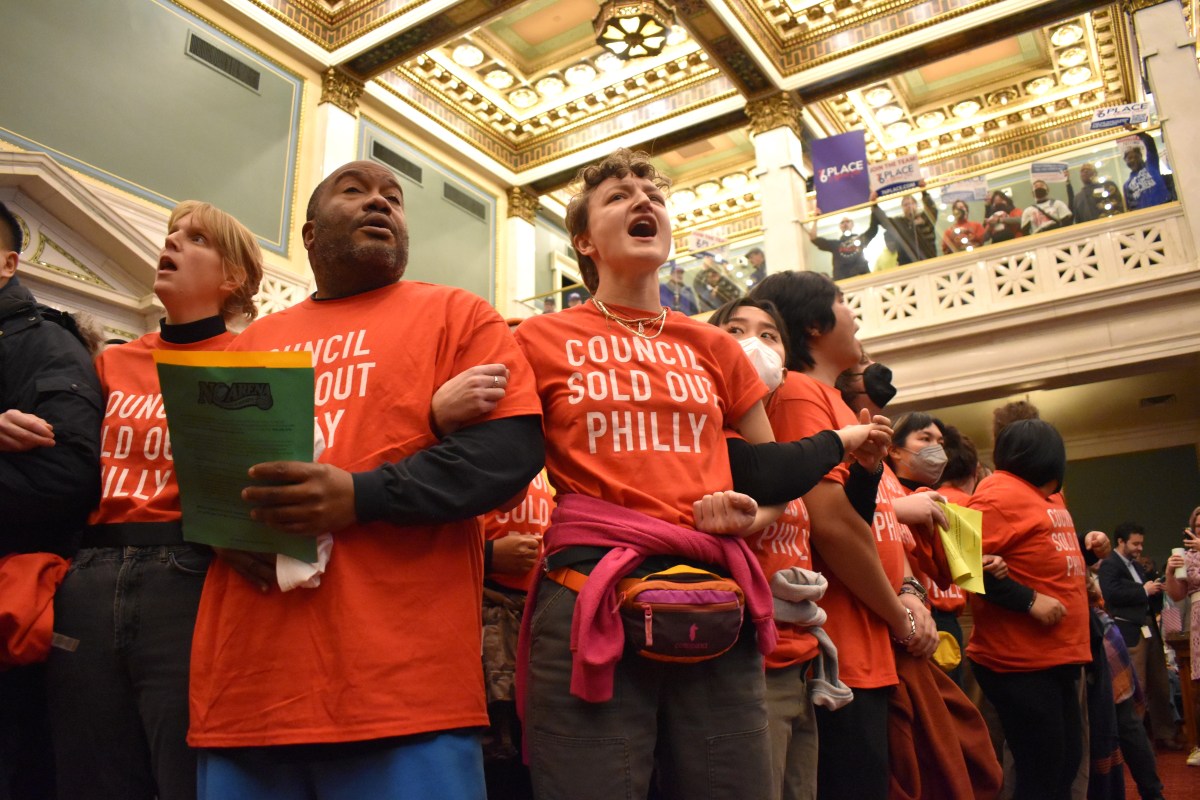WASHINGTON (Reuters) – Progressive Democrats in the U.S. Congress are getting uneasy with President Joe Biden’s push for a bipartisan infrastructure deal, warning they could block an agreement that falls short of what they think the country needs.
Biden has spent weeks in negotiations with Senate Republicans aiming at a sweeping package that would address the nation’s roads and bridges, as well as boost spending on schools and health care. He has whittled his plan down to $1.7 trillion from $2.3 trillion, still well above Republicans’ latest $928 billion offer.
The two sides disagree on both what infrastructure is https://www.reuters.com/business/autos-transportation/republicans-vs-biden-whats-their-infrastructure-plans-2021-04-22 and how to pay for it https://www.reuters.com/business/biden-offers-drop-corporate-tax-hike-proposal-source-2021-06-03.
Democratic Representative Pramila Jayapal, who heads the Congressional Progressive Caucus, warned that her 94 members cannot be counted on to back a small bill without a guarantee of a second package that has the support of all 50 Senate Democrats willing to push it through over Republican objections.
“Otherwise, what we’ll see is we do a small package and then all the momentum for doing something more goes away, and that is just not acceptable,” Jayapal said in an interview this week.
Biden’s Democrats control Congress, but their majority is narrow – 219-211 in the House of Representatives and a 50-50 Senate where Vice President Kamala Harris can break ties.
The tight margins mean that most legislation needs bipartisan support to make it through the Senate. There is little room for defections among House Democrats.
Last month, progressives flexed their muscles when a group of six came close to torpedoing a U.S. Capitol Police budget bill intended to boost security around the building after the deadly Jan. 6 attack by followers of then-President Donald Trump.
That bill ultimately passed by only one vote.
Multiple progressive Democrats have urged Biden to abandon efforts to get Republicans on board with an infrastructure deal.
“We have the Senate, the House and the presidency. Stop negotiating with a losing insurrectionist party who are trying to sabotage our democracy,” Democratic Representative Ilhan Omar tweeted on May 28.
Biden is due to meet again on Friday with lead Republican negotiator Senator Shelley Moore Capito.
‘NOT ENDLESS TIME’
One liberal Democrat, Representative Peter Welch, backed the bipartisan negotiations, but warned against prolonged negotiations.
“It is a productive use of time, but there’s not endless time,” he said in a phone interview.
Progressives want the president to give Congress the green light to use a process known as “reconciliation” that would allow a bill to move through the Senate with just Democratic support.
That is how the $1.9 trillion COVID-19 relief bill was enacted in March.
But it is not clear that Democrats have the votes to do that again. Democratic Senator Joe Manchin has said he would prefer bipartisan infrastructure legislation. His opposition alone could sink the effort, unless Senate Democratic Leader Chuck Schumer can reel in some Republicans.
Aides to House Speaker Nancy Pelosi did not comment when asked whether there were worries a progressive revolt could sink a compromise infrastructure bill if Biden reaches a deal with Republicans.
Biden campaigned on a promise of trying to bring a bipartisan approach back to Washington. Republicans have regularly accused him of breaking that promise, particularly with the COVID-19 bill.
Democrats, in turn, argue that Republicans’ rejection of a bipartisan commission to probe the U.S. Capitol riot is a sign they are not interested in bipartisanship.
“This is not the time for half-spending or half-measures,” said Democratic Senator Ed Markey. “We cannot drag our feet to negotiate with Republicans who have never come to the table in good faith.”
(Reporting by Makini Brice and Richard Cowan; Editing by Scott Malone and Jonathan Oatis)

























